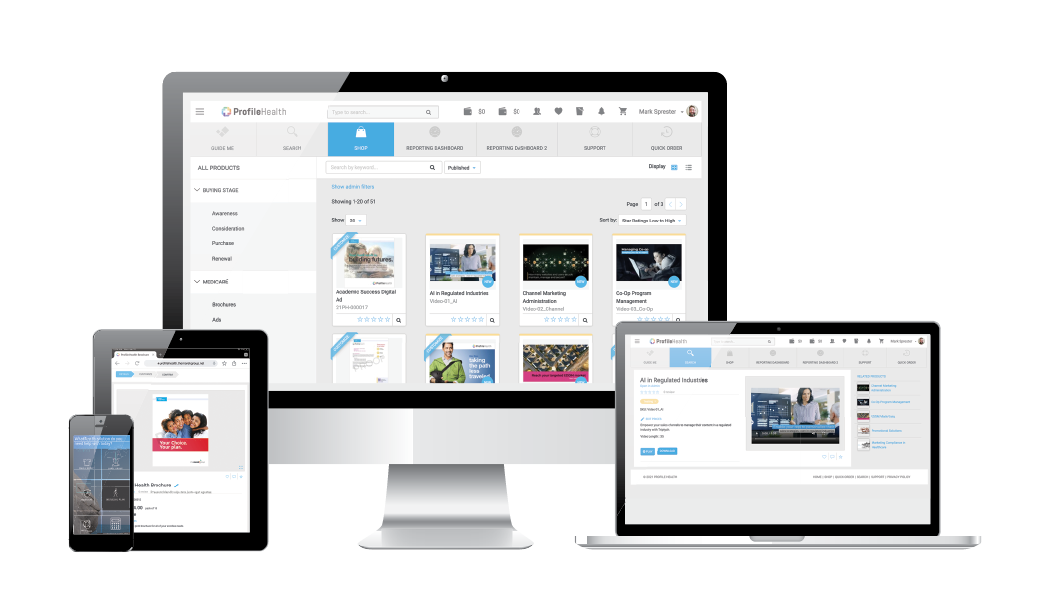2 min read
Flipping the Script: Why AI makes people even more important in sales
 Jay Thomas
:
March 2, 2020 at 7:45 AM
Jay Thomas
:
March 2, 2020 at 7:45 AM


For many years directors in Hollywood have been profiting off of blockbuster movie ideas that spotlight the “fight” between humans and AI. Although the characters and the story lines are fictional, the fear of technology replacing humans in the workforce is quite real. This mentality of humans versus machines has been imagined and re-imagined numerous times, but rarely has it been scrapped altogether to be replaced with a new outlook. We at Triptych are doing what people in show business might call “flipping the script” on the previously held beliefs about the role of AI in marketing.
Using AI to speed up the sales cycle is advantageous, and every firm should be doing it. We talked more about this in our white paper “2020 foresight: Three big predictions for the shifting B2B space.”
AI can help truncate the sales cycle by using predictive algorithms to zero in more quickly on customer preferences, but this strategy should be about “limiting the universe,” not replacing the human touch. The salesperson is still the pivotal nucleus. He or she is your product advocate. AI informs the person and provides choices – but humans give the rationalization.
AI’s surgical accuracy is fascinating because it almost eliminates the risk of human error. Molly St. Louis writes in Inc.: “If you've ever heard the expression ‘garbage in, garbage out,’ perhaps never was it so pertinent than when it comes to AI-driven marketing… Thanks to AI, data-driven marketing in its purest form is now a reality. But there's a caveat: the quality of the data is crucial. After all, what use is it generating smart responses and triggering machine learning patterns over time if the data being fed is inaccurate?”
None of these shortcomings is a rationale for eliminating one or the other. This is where the script flips. The story is no longer about humans versus machines, but rather humans and machines working in tandem to achieve a common goal.
Researchers H. James Wilson and Paul R. Daugherty looked at 1,500 companies and “found that firms achieve the most significant performance improvements when humans and machines work together,… and organizations that use machines merely to displace workers through automation will miss the full potential of AI.”
That potential, they say, is largely untapped:
“Most activities at the human-machine interface require people to do new and different things (such as train a chatbot) and to do things differently (use that chatbot to provide better customer service),” Wilson and Daugherty write. “So far, however, only a small number of the companies we’ve surveyed have begun to re imagine their business processes to optimize collaborative intelligence.”
This is the greatest opportunity for those of us in the B2B space: Embrace AI, but don’t forget the human integration, and vice versa. Going all-in on AI to speed up your sales cycle and scale your business removes the consultative power of human field reps who listen to feedback and guide customers’ choices.
The great “fight” between humans and machines is better left to the big screen. Machine intelligence can help your sales people do what they do even better and faster, but sales is still a people business. Here in the B2B space, it’s time to embrace humans and machines.

Executive Q&A: Healthcare and compliance
How marketing can create dynamic strategies for distributed sales networks

Maximizing Efficiency During Open Enrollment Prep: Insights from Triptych’s Laurie Langerud
As the Open Enrollment Period approaches, the healthcare marketing landscape becomes a whirlwind of activity. To navigate this busy season, Laurie...




